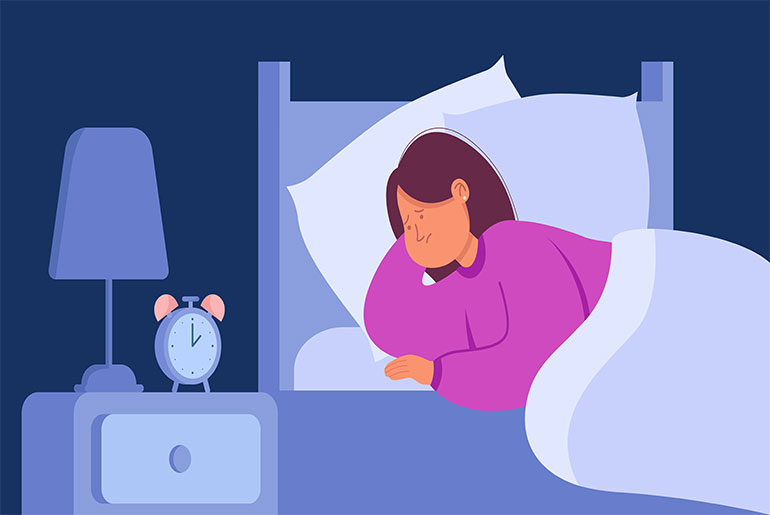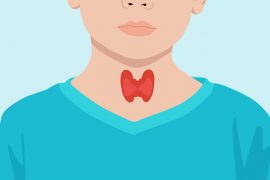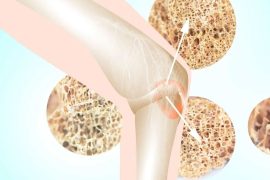Sleep problems are a condition that occurs if you don’t get enough sleep. Sleep deficiency is a broader concept. It occurs when an individual is facing the heat of stress, depression or any negative alterations in their life.
Sleeping is a basic human need, like eating, drinking, and breathing. Like all other needs that we do in our daily life, sleeping is vital for good health and well-being throughout your lifetime. Nearly 40% of adults report falling asleep during the day without meaning to at least once a month. Sleep problems can lead to physical and mental health problems, injuries, loss of productivity, and even a greater likelihood of death. Understanding sleep deficiency or sleep problems helps to understand what makes you sleep and how it affects your health.
Sleep problems can interfere with work, school, driving, and social functioning. You might have trouble learning, focusing, and reacting. Also, you might find it hard to judge other people’s emotions and reactions. Sleep deficiency also can make you feel frustrated, cranky, or worried in social situations. However, the symptoms of sleep deficiency may differ between children and adults. Children who are sleep deficient might be overly active and have problems paying attention. They also might misbehave, and their school performance can suffer. Besides all, having sleep problems is linked to many chronic health problems, including heart disease, kidney disease, high blood pressure, diabetes, stroke, obesity, and depression.
Sleep deficiency is also linked to a higher chance of injury in adults, teens, and children. For example, sleepiness while driving (not related to alcohol) is responsible for serious car crash injuries and death. In older adults, sleep deficiency may be linked to a higher chance of falls and broken bones.
A common myth is that people can learn to get by on little sleep with no negative effects. However, research shows that getting enough quality sleep at the right times is vital for mental health, physical health, quality of life, and safety.
How To Gain Better Sleep
- Try to get enough sleep – With all the demands on our time every day, you might put a good night’s rest at the bottom of your priority list. However, it can be done if we put an adequate schedule and adequate time for sleep.
- Maintain a consistent wake time – Wake up at the same time every day, including weekends or days off. Waking at the same time every day actually helps you sleep better at night. A fixed wake time helps build a strong desire for sleep throughout wakefulness. This sleep drive gradually builds, and shortening it by sleeping in will make it harder to fall asleep the next night. Sleeping in on the weekend makes it much more difficult to wake up earlier on Monday morning.
- Put away the smartphones and tablets – Electronic devices keep your mind humming and far from the relaxed state you need to achieve before bedtime. It is a good idea to put away devices like smartphones and tablets at least one hour before bedtime.
- Make time for downtime – In our society, nowadays, people aren’t getting enough sleep. They put to sleep so far down on their priority list because there are so many other things to do family, personal stuff and work life. These are challenges, but we should understand how important adequate sleep is in order to prevent any sleep problems, thus making our sleep better.
Top 5 Sleep Deprivation Problems
1.) Impacts Cardiovascular system
 Sleep problems also affect our cardiovascular system. Sleep affects processes that keep your heart and blood vessels healthy, including those that affect your blood sugar, blood pressure, and inflammation levels. It also plays a vital role in your body’s ability to heal and repair the blood vessels and heart. People who don’t sleep enough are more likely to get cardiovascular disease. One analysis linked insomnia to an increased risk of heart attack and stroke.
Sleep problems also affect our cardiovascular system. Sleep affects processes that keep your heart and blood vessels healthy, including those that affect your blood sugar, blood pressure, and inflammation levels. It also plays a vital role in your body’s ability to heal and repair the blood vessels and heart. People who don’t sleep enough are more likely to get cardiovascular disease. One analysis linked insomnia to an increased risk of heart attack and stroke.
2.) Impacts Central Nervous System
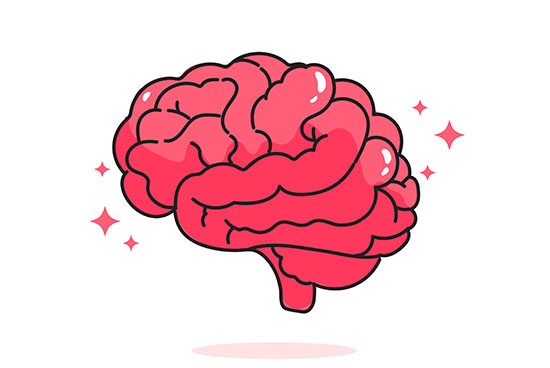 Our central nervous system is affected deeply if we have sleep problems. Our central nervous system is the main information highway of your body. Sleep is necessary to keep it functioning properly, but chronic insomnia can disrupt how your body usually sends and processes information. During sleep, pathways form between nerve cells i.e. neurons in your brain that help you remember new information you’ve learned. Sleep deprivation leaves your brain exhausted, so it can’t perform its duties as well.
Our central nervous system is affected deeply if we have sleep problems. Our central nervous system is the main information highway of your body. Sleep is necessary to keep it functioning properly, but chronic insomnia can disrupt how your body usually sends and processes information. During sleep, pathways form between nerve cells i.e. neurons in your brain that help you remember new information you’ve learned. Sleep deprivation leaves your brain exhausted, so it can’t perform its duties as well.
3.) Impacts Immune System
 Sleep problems also affect our immune system. While we sleep, our immune system produces protective, infection-fighting substances like antibodies and cytokines. It uses these substances to combat foreign invaders such as bacteria and viruses. Certain cytokines also help you to sleep, giving your immune system more efficiency to defend your body against illness. Having problems with sleep deprivation prevents our immune system from building up its forces. If you don’t get enough sleep, your body may not be able to fend off invaders, and it may also take you longer to recover from illness. Long-term sleep deprivation also increases your risk for chronic conditions, such as diabetes mellitus and heart disease.
Sleep problems also affect our immune system. While we sleep, our immune system produces protective, infection-fighting substances like antibodies and cytokines. It uses these substances to combat foreign invaders such as bacteria and viruses. Certain cytokines also help you to sleep, giving your immune system more efficiency to defend your body against illness. Having problems with sleep deprivation prevents our immune system from building up its forces. If you don’t get enough sleep, your body may not be able to fend off invaders, and it may also take you longer to recover from illness. Long-term sleep deprivation also increases your risk for chronic conditions, such as diabetes mellitus and heart disease.
4.) Impacts on Respiratory system
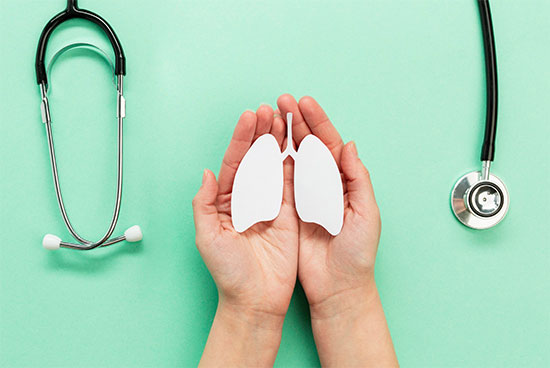 Sleep problems also affect the respiratory system. The relationship between sleep and the respiratory system goes both ways. A night-time breathing disorder called obstructive sleep apnea (OSA) can interrupt your sleep and lower sleep quality. As we wake up throughout the night, this can cause sleep deprivation, which leaves you more vulnerable to respiratory infections like the common cold and flu. Sleep deprivation can also make existing respiratory diseases worse, such as chronic lung illness.
Sleep problems also affect the respiratory system. The relationship between sleep and the respiratory system goes both ways. A night-time breathing disorder called obstructive sleep apnea (OSA) can interrupt your sleep and lower sleep quality. As we wake up throughout the night, this can cause sleep deprivation, which leaves you more vulnerable to respiratory infections like the common cold and flu. Sleep deprivation can also make existing respiratory diseases worse, such as chronic lung illness.
5.) Impacts Digestive system
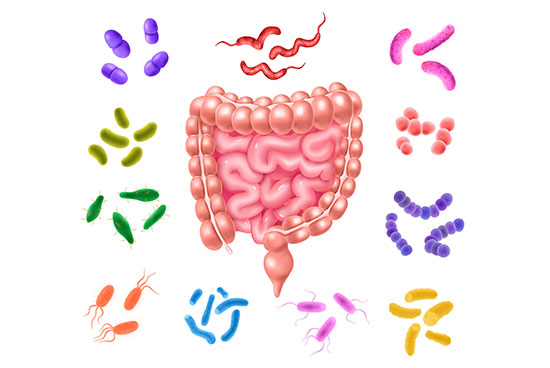 Sleep problems also affect the digestive system Along with eating too much and not exercising, sleep deprivation is another risk factor for becoming overweight and obese. Sleep affects the levels of two hormones, leptin and ghrelin, which control feelings of hunger and fullness. Leptin tells our brain that we had enough to eat. Without enough sleep, our brain reduces leptin and raises ghrelin, which is an appetite stimulant. The flux of these hormones could explain night-time snacking or why someone may overeat later in the night. A lack of sleep can also make you feel too tired to exercise. Over time, reduced physical activity can make you gain weight because you’re not burning enough calories and not building muscle mass. However, sleep deprivation also lowers the body’s tolerance for glucose and is associated with insulin resistance. These disruptions can lead to diabetes mellitus and obesity.
Sleep problems also affect the digestive system Along with eating too much and not exercising, sleep deprivation is another risk factor for becoming overweight and obese. Sleep affects the levels of two hormones, leptin and ghrelin, which control feelings of hunger and fullness. Leptin tells our brain that we had enough to eat. Without enough sleep, our brain reduces leptin and raises ghrelin, which is an appetite stimulant. The flux of these hormones could explain night-time snacking or why someone may overeat later in the night. A lack of sleep can also make you feel too tired to exercise. Over time, reduced physical activity can make you gain weight because you’re not burning enough calories and not building muscle mass. However, sleep deprivation also lowers the body’s tolerance for glucose and is associated with insulin resistance. These disruptions can lead to diabetes mellitus and obesity.
Disclaimer:
The information contained in this article is for educational and informational purposes only and is not intended as a health advice. We would ask you to consult a qualified professional or medical expert to gain additional knowledge before you choose to consume any product or perform any exercise.

